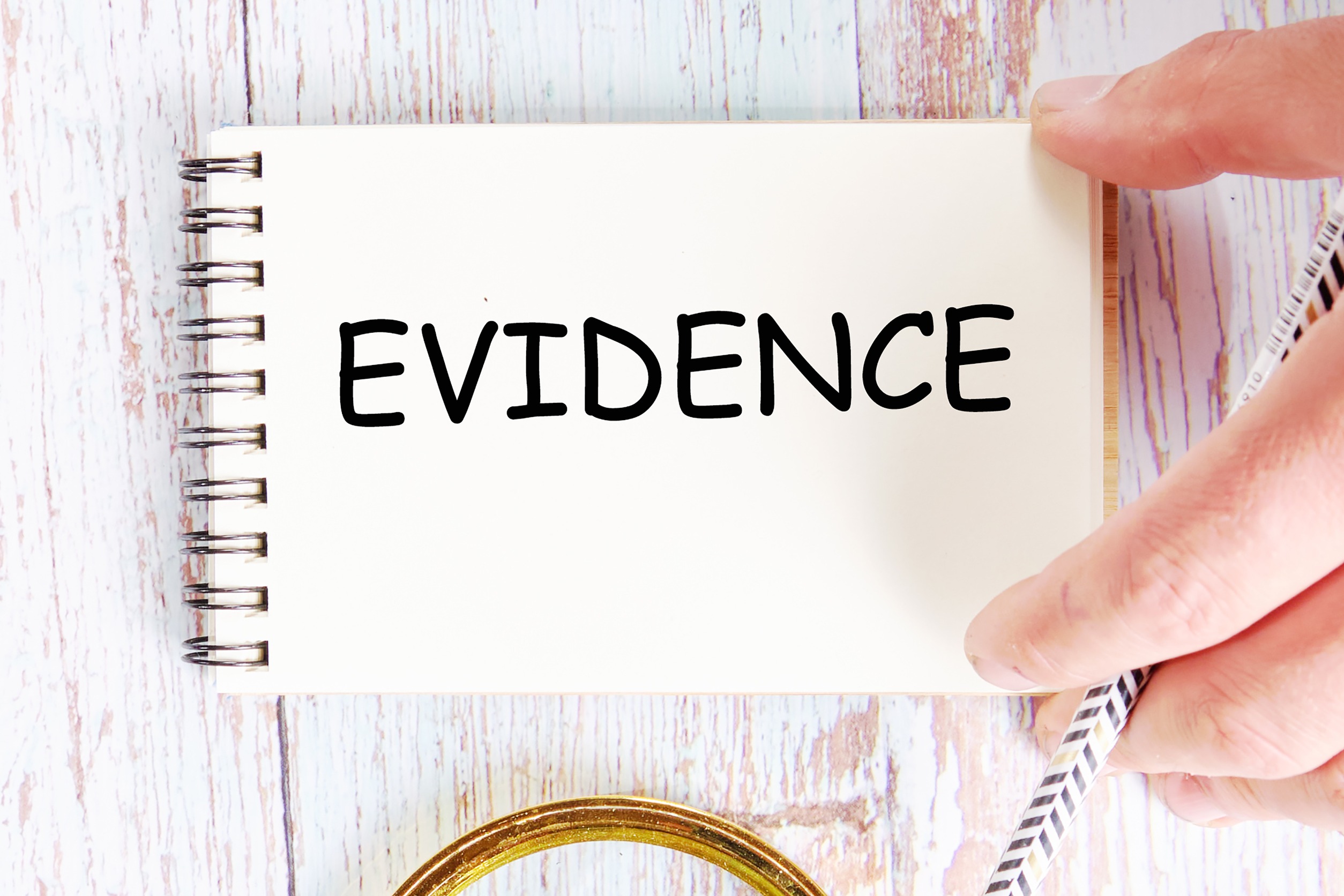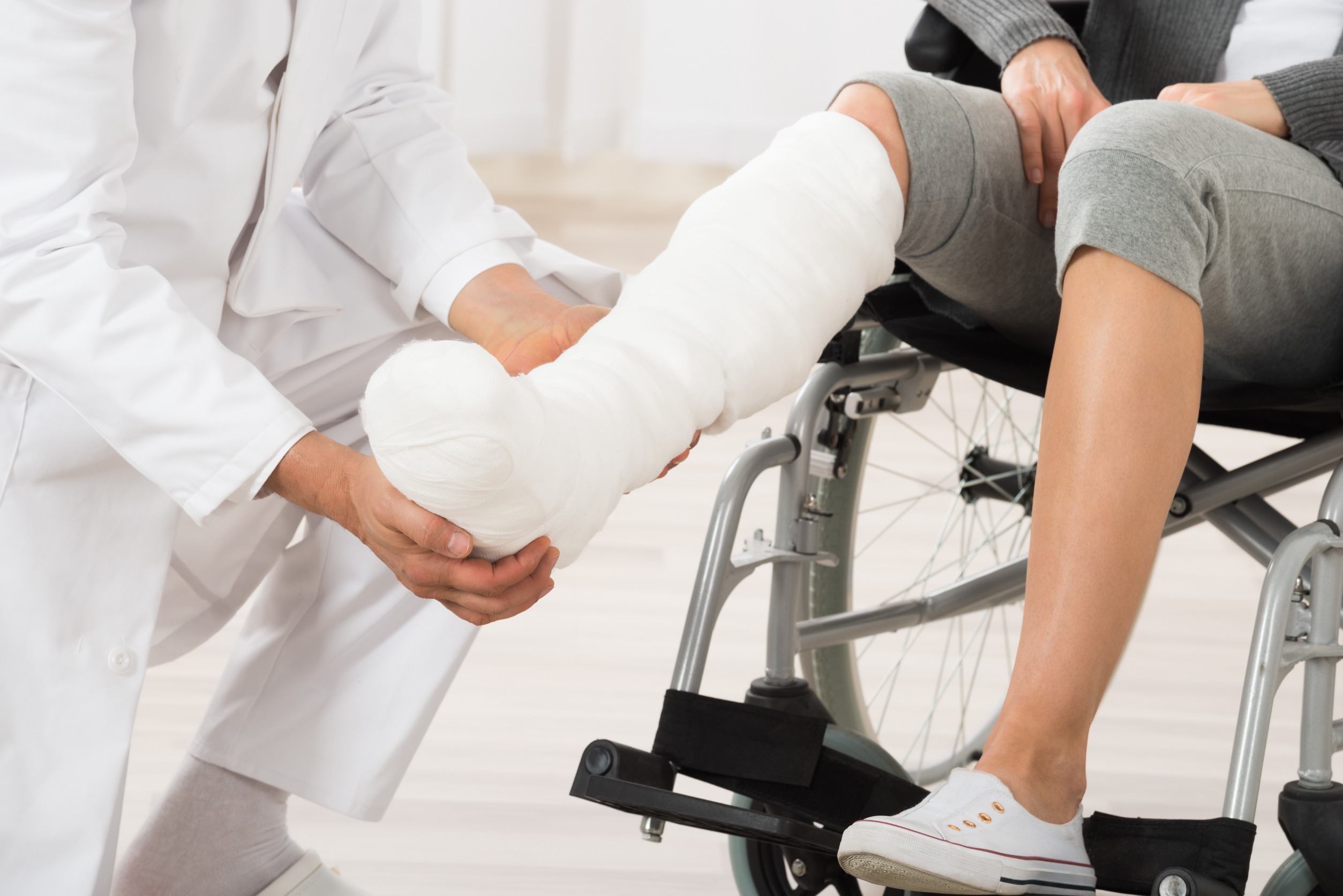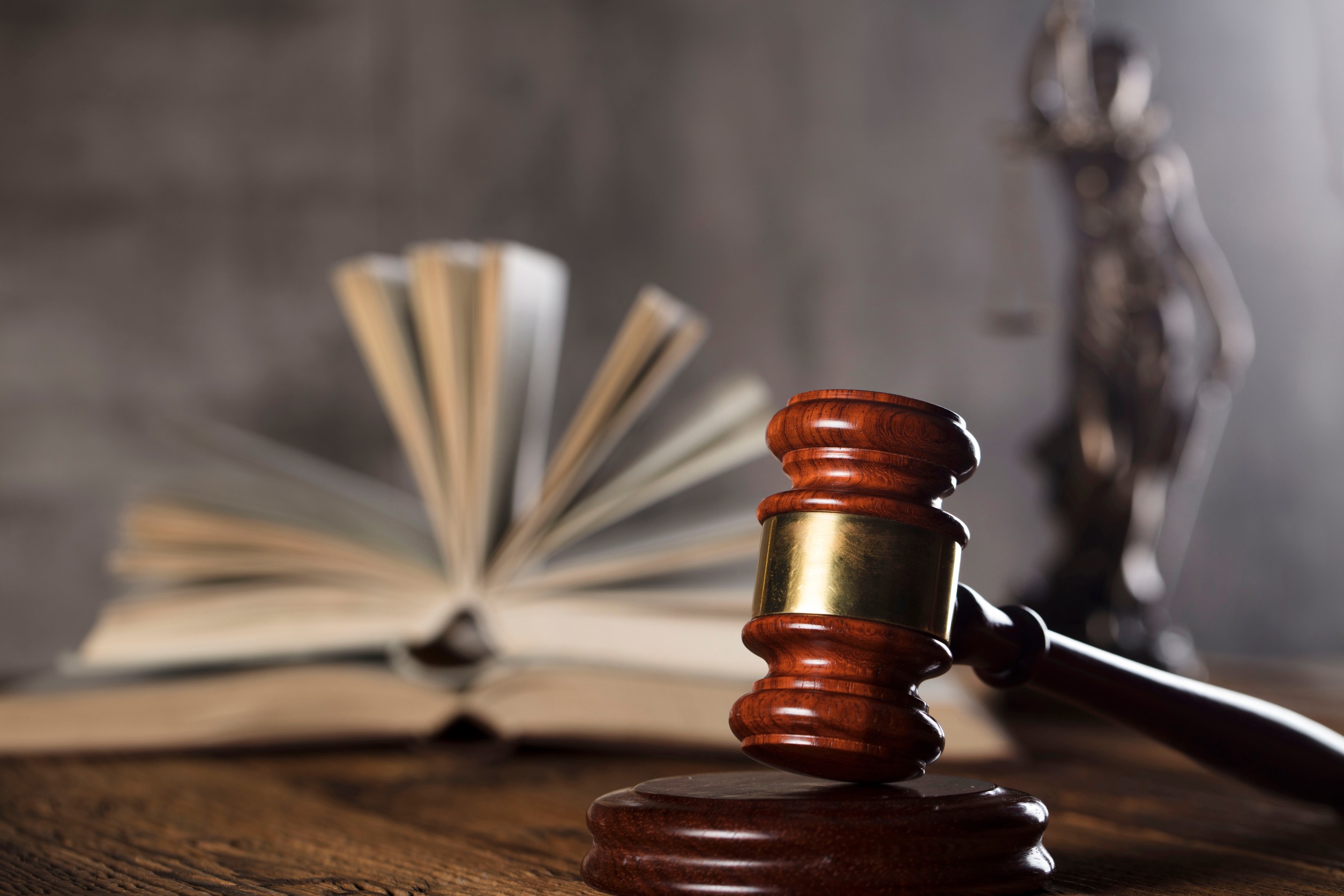By Danielle Graves. Updated on 12th January 2024. No matter whether you’re claiming compensation for an accident at work, a road traffic accident or a slip, trip or fall, getting the full amount of compensation that you could be eligible for is bound to be something you want. This guide has been created to show you how to maximise your personal injury claim to get everything you’re entitled to claim for.
In the sections below, we take a look at how compensation settlements are calculated, and how to get more money for a claim if your injury worsens. We also take a look at how to maximise your personal injury claim when it comes to the special damages you could claim for, as well as when you could refuse a settlement offer and fight for more.
In addition to this, we show you what benefits using a personal injury lawyer for your claim could have and show you how to go about finding a No Win No Fee solicitor for your claim.
If you have any questions about the claims process or would like us to provide you with a free, no-obligation eligibility check on your case, you can reach the Legal Helpline team on 0161 696 9685.

How to get more money from a personal injury claim guide
Jump To A Section
- What Steps Could You Take To Maximise Your Injury Claim Settlement?
- Make Sure That Your Accident And Your Injuries Are Properly Reported And Recorded
- Make Sure That You Get Medical Care ASAP
- Keep A Record Of Any Expenses And Losses
- The First Settlement Offer May Not Be The Best
- Example Minimum And Maximum Compensation Settlements
- What Could Be Claimed For Financial Losses And Expenses?
- How To Get The Most From Your No Win No Fee Claim
- Contacting Legal Helpline About Your Claim
- Quick Links
What Steps Could You Take To Maximise Your Injury Claim Settlement?
When it comes to how to maximise a personal injury claim, there are many different actions you could take to ensure you get everything you’re entitled to. Here, we offer an overview of the steps you could take to maximise the amount of injury claim money you could receive.
- Make sure you report the accident so that there is a record of it happening
- Collect evidence such as witness details and photographs of the scene/your injuries
- Seek medical advice for any signs of injury or illness
- Consider using a solicitor to help you with your claim
- Co-operate with any request for information from your solicitor
- Keep all documentation relevant to your expenses
- Document the effects your injuries have had on you
- Report any worsening of your injuries
We offer some more detailed insight into these points in the sections below. The point is, however, that you could take action to maximise your injury claim payout even before the personal injury claim process begins.
Make Sure That Your Accident And Your Injuries Are Properly Reported And Recorded
Ensuring that there is a record of your accident often means reporting it in the correct manner.
When it comes to reporting an accident at work, you would usually have your accident recorded in the accident book within your workplace. If your employer does not have an accident book, it may be a good idea to put the details of your accident in writing to your employer so you have a record of what happened. Some injuries should be reported to the HSE by your employer under RIDDOR.
Reporting and recording an accident in a public place such as a supermarket, shop or restaurant could involve you writing a letter to the business or completing an entry in their accident book.
When it comes to accidents on pavements and public parks, you might have to write to the council. They should respond to your communication, and this may mean providing you with a log number or reference number. Whatever their response, if you can prove that you have notified them of the incident, this could help your case.
Under the Road Traffic Act (Section 170), motorists are required to stop at the scene of a road traffic accident if an injury to a person or animal has been caused, or there has been damage to property or a vehicle. You should also report the accident to your insurance provider, and exchange details with the other motorist/s involved.
Make Sure That You Get Medical Care ASAP
When it comes to seeking medical care, you should do so even if your injury/illness seems minor. Not only could this ensure that you get the advice and treatment you need for optimal recovery, but it could also provide a useful record of you suffering an injury or illness.
While in cases involving serious injuries you may be taken to hospital, in others you may walk away from an accident with bumps and bruises but struggle on with the rest of your day.
Whether you intend to make a personal injury claim or not, it would be wise to ensure that you get checked over even if you appear only to have minor injuries. Some injuries, for example whiplash, may not feel too bad initially but could worsen over time, and seeking advice as quickly as possible could assist in your recovery.
How Can I Prove My Pain And Suffering?
When it comes to how to maximise a personal injury claim, medical evidence could play a big part in proving your pain and suffering.
While you would need a separate medical assessment as part of your claim, it is likely that your medical records would need to be reviewed. Having a record of a visit to a medical professional after an accident to seek advice/treatment for your injuries could be very useful in proving you suffered an injury.
Keep A Record Of Any Expenses And Losses
We mentioned before that you could claim compensation for expenses and losses caused by your illness or injury. If you want to know how to maximise a personal injury claim, there is one important point we should make.
You must have evidence of expenses and losses to claim for them. This is crucial. Ensuring you keep documentary evidence of costs and losses experienced that relate to your injuries or illness is vital to getting all the compensation you are entitled to claim. Evidence could include:
- Bank statements
- Receipts
- Bills
- Payslips
- Parking tickets or travel tickets
It could be wise to have a safe place to keep all this documentation so it doesn’t get lost and you can submit it to your lawyer as part of your claim.
The First Settlement Offer May Not Be The Best
If someone has admitted liability for your injury or illness, and they offer you a settlement, it could be tempting to take the offer. However, the first settlement may not be the maximum you could get.
If an insurance company has to pay out on your case, you may find that they initially try to save themselves some money and offer you a lower settlement to close the matter without giving you what your claim is actually worth.
When it comes to how much to ask for in a personal injury settlement, it might be wise to seek advice from a personal injury solicitor. They could help assess any offers you receive and advise you on whether you might be able to fight for more compensation.
Have Future Costs Been Assessed?
When looking at how to maximise a personal injury claim, it may be wise to consider whether any offer you are given includes any future costs. You should ask for a breakdown of any settlement offer you’re given to see whether future costs have been assessed and included.
This could be vital, as once a compensation settlement has been agreed on and paid out, you will not be able to revisit the case to claim more if, for example, your medical needs change.
Example Minimum And Maximum Compensation Settlements
Rather than include a personal injury claims calculator on this page, we’ve opted to create a table with figures taken from the Judicial College Guidelines instead. This way, we can show the potential compensation settlements for specific types of injury. If you’re asking ‘how much money can I get from a personal injury claim?’ this table could offer some insight into this.
In addition to figures from the 16th edition of the JCG, we’ve included the top row to show you how much compensation you could be awarded for multiple severe injuries and the financial losses they’ve caused.
| Injury | Severity | Notes | Potential Compensation |
|---|---|---|---|
| Multiple Severe Injuries and Special Damages | Very Serious | Payouts could include compensation for more than one serious injury and incurred costs, including lost wages and home help. | Up to £1,000,000+ |
| Paralysis | Tetraplegia/Quadriplegia | The claimant suffers below the neck paralysis. | £324,600 to £403,990 |
| Brain Damage | Very Severe | The injured person requires full time nursing and has no meaningful environmental responses. | £282,010 to £403,990 |
| Arm Amputations | Loss of Both Arms | The injured party is reduced to a state of considerable helplessness with full awareness. | £240,790 to £300,000 |
| Foot Injuries | Amputation of Both Feet | The claimant has lost a useful ankle joint. | £169,400 to £201,490 |
| Neck Injury | Severe (i) | The claimant suffers from incomplete paraplegia or spastic quadriparesis from a neck injury. | In the region of £148,330 |
| Leg Injuries - Severe Leg Injuries | Most Serious | This bracket is for the most serious injuries that fall short of amputation. | £96,250 to £135,920 |
| Back Injury | Severe (ii) | Injuries in this bracket have special features caused by nerve root damage. | £74,160 to £88,430 |
| Hand Injuries | Serious Hand Injuries | Injuries in this bracket reduce the hand capacity by about 50%. | £29,000 to £61,910 |
| Hip and Pelvis Injuries | Severe (iii) | This bracket includes many different injuries that lead to degenerative changes and leg instability or may require a future hip replacement. | £39,170 to £52,500 |
If you cannot see the injury or illness you’ve sustained in the table, please don’t hesitate to call us. We could give you some more information on other injuries or illnesses over the phone.
What Could Be Claimed For Financial Losses And Expenses?
When it comes to how to maximise a personal injury claim, it is important to know what financial losses and expenses you could claim for so that if you’ve incurred them, you could include them when you are making your claim.
Generally, financial losses and expenses could fall into the below categories:
- Loss of income – if you’ve been off work sick, or recovering from an injury, you may have lost out on some of your usual earnings. These could be compensated for as part of your claim. If, for example, you’d been put on Statutory Sick Pay by your employer, your compensation could make up the difference between SSP and your usual wage. If you are expected to need time off work in the future, this could also be included.
- Medical expenses – you may assume these relate to prescription costs and costs for medicines, but they could also cover the costs of counselling, physiotherapy and more. Future costs could also be compensated for.
- Care costs – if you’ve been injured or been ill to the extent that you’d needed care at home, care costs may also be included within your claim.
- Travel expenses – these could include train fares, bus fares, and parking charges for hospital or lawyer’s appointments if they arise as a direct result of your injuries/illness.
How To Get The Most From Your No Win No Fee Claim
You may wish to instruct a solicitor when pursuing compensation for a personal injury. When it concerns how to maximise a personal injury claim, a solicitor can help you build a strong case by:
- Helping you gather evidence.
- Ensuring you receive a fair settlement.
- Guiding you through the personal injury claims process.
- Making sure your case is filed on time and in full.
One of the personal injury solicitors from our panel could support your claim. Our panel usually provide their services on a No Win No Fee basis under the terms of a Conditional Fee Agreement (CFA).
Under a CFA, your No Win No Fee solicitor won’t ask for payment for their work on your case upfront or as the claim is ongoing. Furthermore, you won’t be asked to pay for your solicitor’s services after an unsuccessful claim.
However, your solicitor will take a success fee from your compensation if your claim is successful. This amount is a limited percentage that is capped by the law.
Contacting Legal Helpline About Your Claim
You can get in touch with us with any questions you may have about how to get more money for a personal injury claim. We’d be glad to answer them, and help you begin a claim for compensation. You can reach our team:
- By telephone: 0161 696 9685
- By e-mailing [email protected]
- By using our Live Chat service
- Or, by completing the online contact form.
Quick Links
- Case Study – This case study gives you an idea of how compensation was calculated in an accident at work claim.
- Agency Workers Accident At Work Claims – Here, we look at how agency workers could claim compensation for a workplace accident.
- Elbow Injury Claims – Here, we look at how elbow injury claims are calculated and what types of elbow injury could lead to what levels of compensation.
- Injury Claim Settlements – Here, you can find out what the government have to say about injury claim settlements.
- Whiplash Claims Reforms – The government have reviewed the level of compensation for soft tissue injuries, including whiplash. You can find out about what this means for whiplash claims here.
- Injuries At Work – Here, the government has produced statistics relating to injuries at work by employment status.
Guide by JS
Edited by REG





